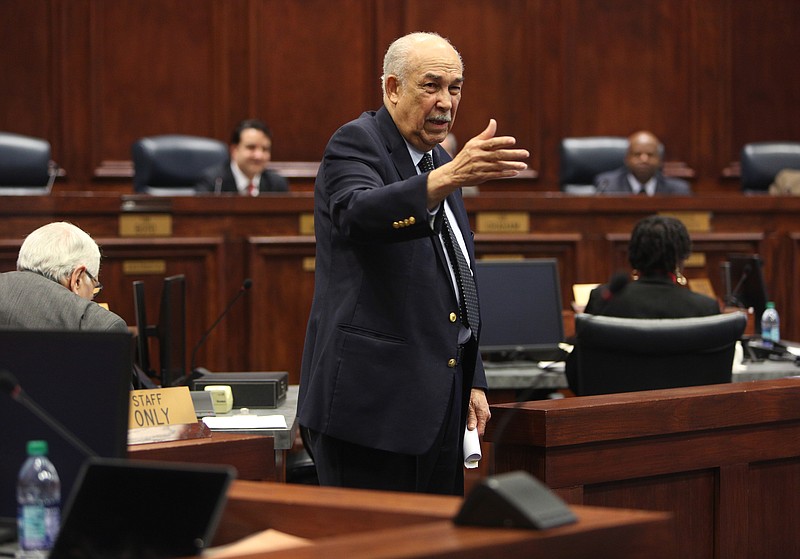For almost 50 years, from 1966 to 2014, the Rev. Paul McDaniel - who died Sunday at the age of 91- was pastor of Chattanooga's growing and influential Second Missionary Baptist Church.
That was a lot, plenty for most. But not for the South Carolina native, who came to Chattanooga several years after lunch counters had been integrated and Jim Crow laws had largely been struck down.
There was more to do in the field of civil rights for Black Chattanoogans, and McDaniel would be a part of much of it.
Among other things, he helped found the Unity Group, which helped engineer the election of John P. Franklin as the first Black city commissioner, he served as the first Black president of the Clergy Association of Greater Chattanooga, and he was the plaintiff in a suit that went to the United States Supreme Court that allowed clergy members to be elected to office.
In 1978, with the Supreme Court victory behind him, he sought a seat on the Hamilton County Commission and served five terms, including five stints as chairman and four as vice chairman.
McDaniel also helped establish the Clergy Koinonia Federal Credit Union, chaired the Westside Community Development Corporation, served on the state Human Rights Commission and was honored by that organization with its Jocelyn D. Wurzburg Civil Rights Legacy Award.
Courtly, frank and kind, he once said his goal only was to speak for people who couldn't speak for themselves.
"I wanted to let the people know someone would speak for them," he said in 2006. "I did it unashamedly and without excuse."
The city will miss his direct yet collegial leadership.
